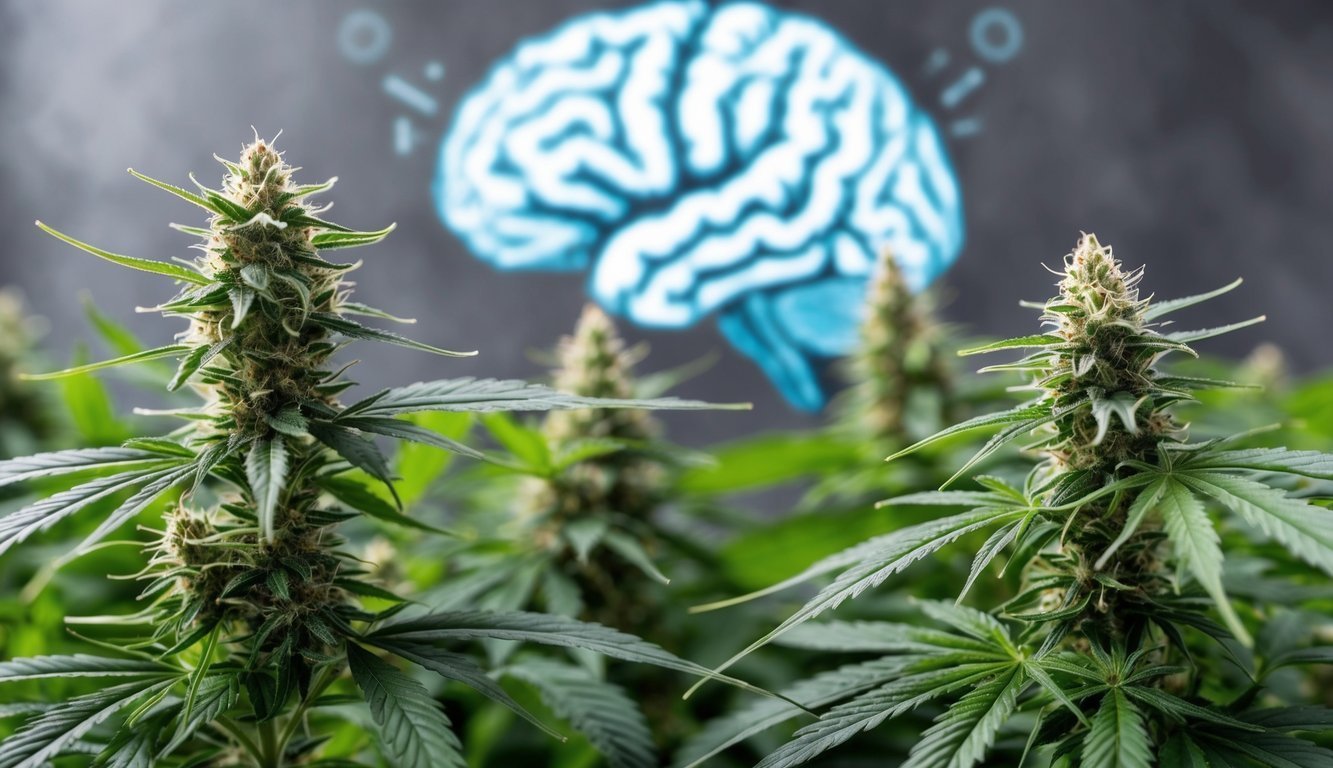Physical Address
304 North Cardinal St.
Dorchester Center, MA 02124
Physical Address
304 North Cardinal St.
Dorchester Center, MA 02124
A McGill University study reveals that cannabis use exacerbates synaptic density loss in young adults at risk for psychosis, impacting their brain connectivity and treatment.

This groundbreaking study posits that cannabis exacerbates a decline in synaptic density—a critical network of connections among neurons that underpins communication within the brain—especially among those at risk for psychotic disorders.
The findings, published in JAMA Psychiatry, could pave the way for innovative treatments that address commonly overlooked symptoms. The study reveals a stark contrast in synaptic density between those at risk of developing psychosis and a healthy control group, indicating that cannabis may play a significant role in disrupting the brain’s vital process of synaptic refinement essential for healthy maturation.
The lead investigator, Dr. Romina Mizrahi, a professor in McGill’s Department of Psychiatry, emphasized that while cannabis use does not guarantee the onset of psychosis for everyone, certain people face a heightened risk.
The research clarifies the underlying mechanisms linking cannabis to psychotic symptoms.
This cohort consisted of people experiencing recent psychotic symptoms as well as those identified as high-risk.
Results revealed that diminished synaptic density was closely associated with social withdrawal and a lack of motivation, symptoms known to present formidable challenges for treatment. Today’s pharmacological interventions primarily focus on alleviating hallucinations and other acute symptoms, yet they often overlook broader aspects that impede social engagement, educational achievements, and workplace participation.
The lead author, Belen Blasco, a Ph.D. candidate in McGill’s Integrated Program in Neuroscience, underscored the potential benefits of targeting synaptic density for developing new therapeutic approaches that could significantly enhance social functioning and improve overall quality of life for those affected.
Such insights could lead to earlier and potentially more effective interventions, transforming the landscape of treatment for young people navigating complex mental health challenges. This pioneering study was conducted at the Douglas Mental Health University Institute and McGill University’s Montreal Neurological Institute-Hospital.
For more information, refer to the article by M. Belen Blasco et al, “Synaptic Density in Early Stages of Psychosis and Clinical High Risk,” published in JAMA Psychiatry.